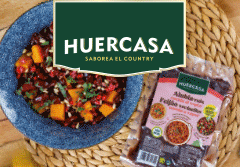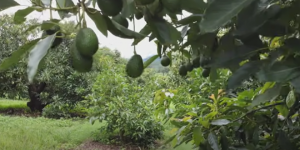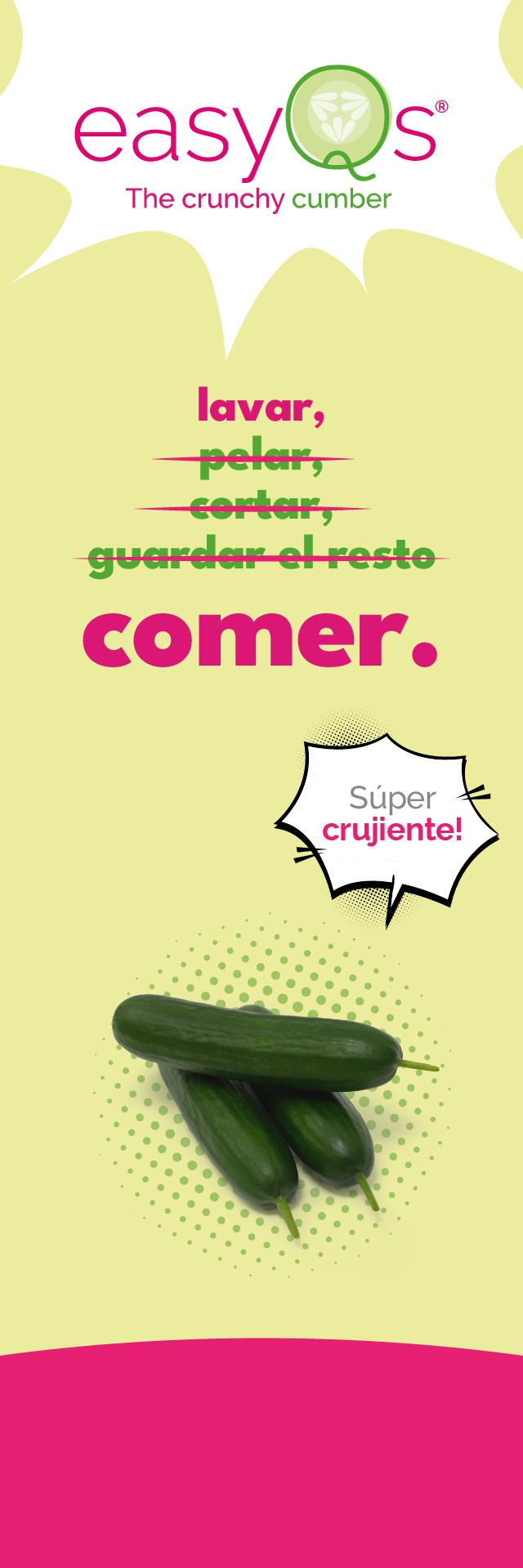Grapes and apricots have been the most affected in terms of volume.
Sharp rise in prices for cherries and stone fruits
Cherries, in particular, have become scarce and expensive. The drop in yield means that even lower-quality cherries are being sold for between 150 TRY (€3.26) and 300 TRY (€6.52). For high-quality varieties such as “Napolyon” and “Salihli”, prices at the point of sale—if available—range from 600 TRY (€13.05) to 700 TRY (€15.22) per kilogram.
Except for a few regions, the harvest is already finished. In Hadim, a district in the province of Konya, in central Anatolia, the last cherries in Turkey are being harvested. However, the damage is severe, with losses of up to 80%. Most of the crop is destined for export. The goods that remain in the country are expected to fetch prices for producers around 400 TRY (€8.70), keeping prices high.
Peaches, nectarines and apricots are also expected to remain expensive, with limited availability at the point of sale.
Turkey holds 20% of global apricot production – but not this year
While Turkey normally accounts for 20% of global apricot production, recent climatic challenges have pushed forecasts down from 170,000 tonnes to 70,000 tonnes. The cost of tree care has also doubled this year due to the damage. A similar situation is being seen with grapes. After initially high expectations, the forecast had to be revised from more than 300,000 tonnes to between 125,000 and 150,000 tonnes following two consecutive frost events.
RELATED NEWS: Peach and nectarine group to ask the CE to speed up approval of plant protection products
A series of recovery strategies promoted by the Ministry of Agriculture and Forestry aim to provide relief. These include rescheduling agricultural loans, especially for small and medium-sized producers. The government is also being urged to draft an economic support package for agriculture to ensure farmers can continue their production in upcoming seasons. Otherwise, there could be another spike in food prices, a drop in export revenues, and long-term damage to the agricultural sector.
According to preliminary data from the Turkish Statistical Institute, fruit production is expected to decline by 24.4% in 2025, with significant drops in cherries, peaches, grapes and various nuts. Regarding food inflation in 2025, the Central Bank of Turkey (CBRT) raised its forecast to 26.5%, citing the effects of frost as the main risk factor.




















